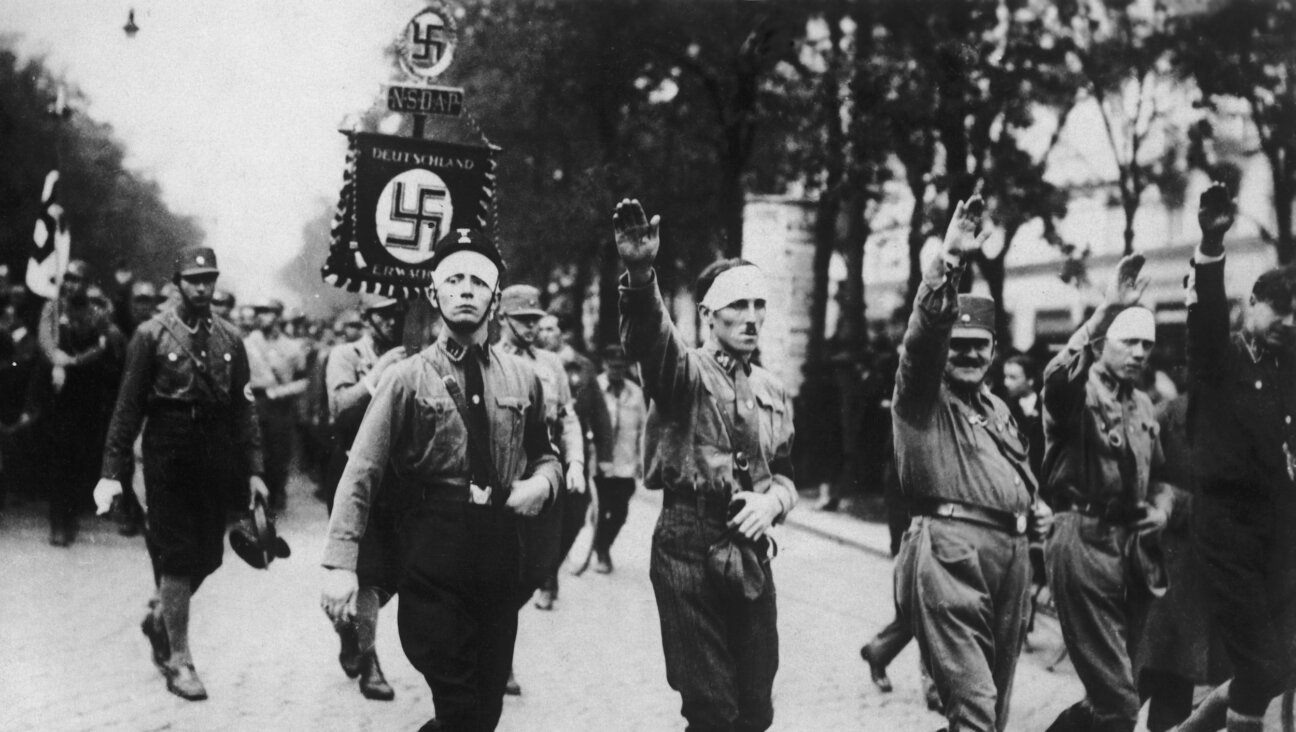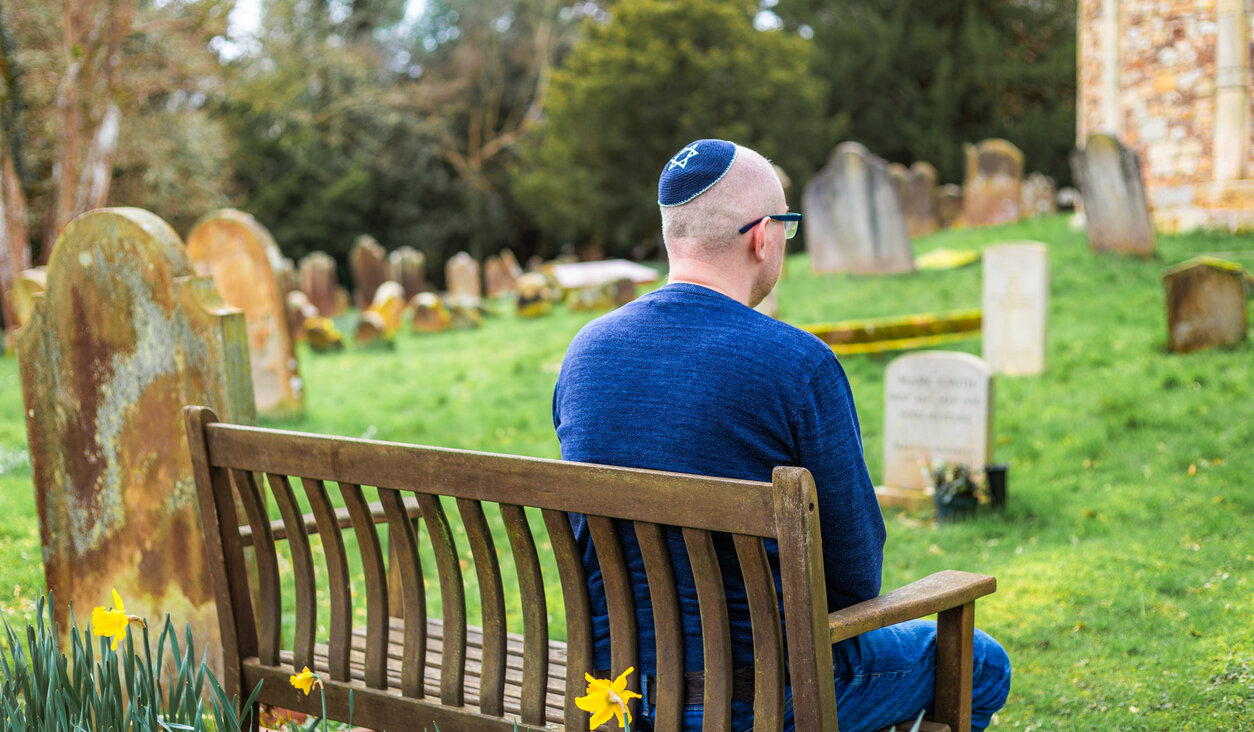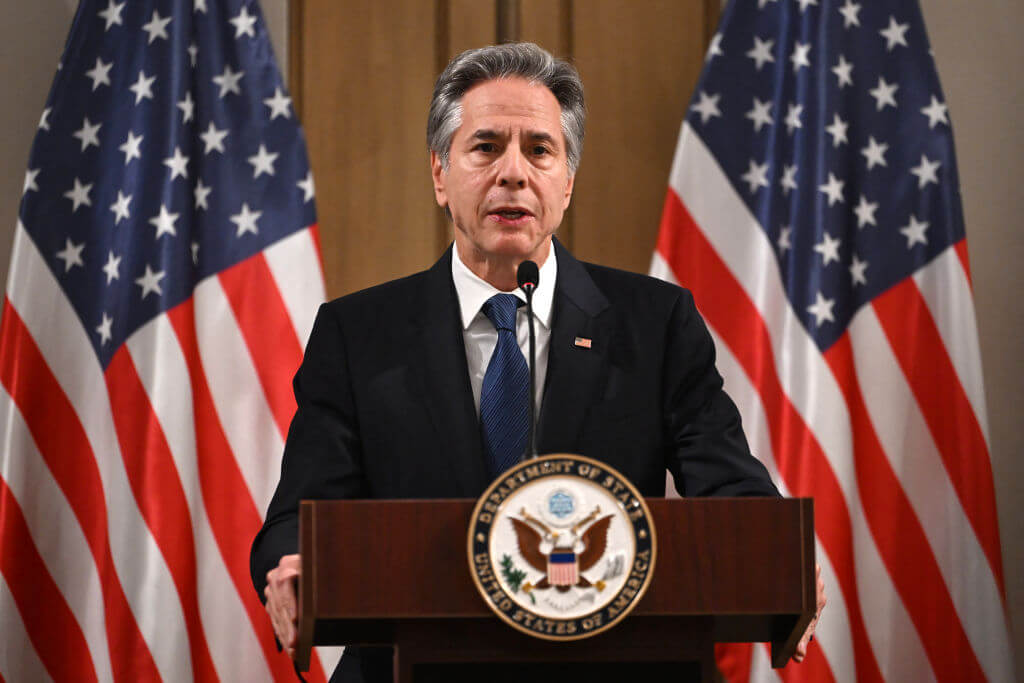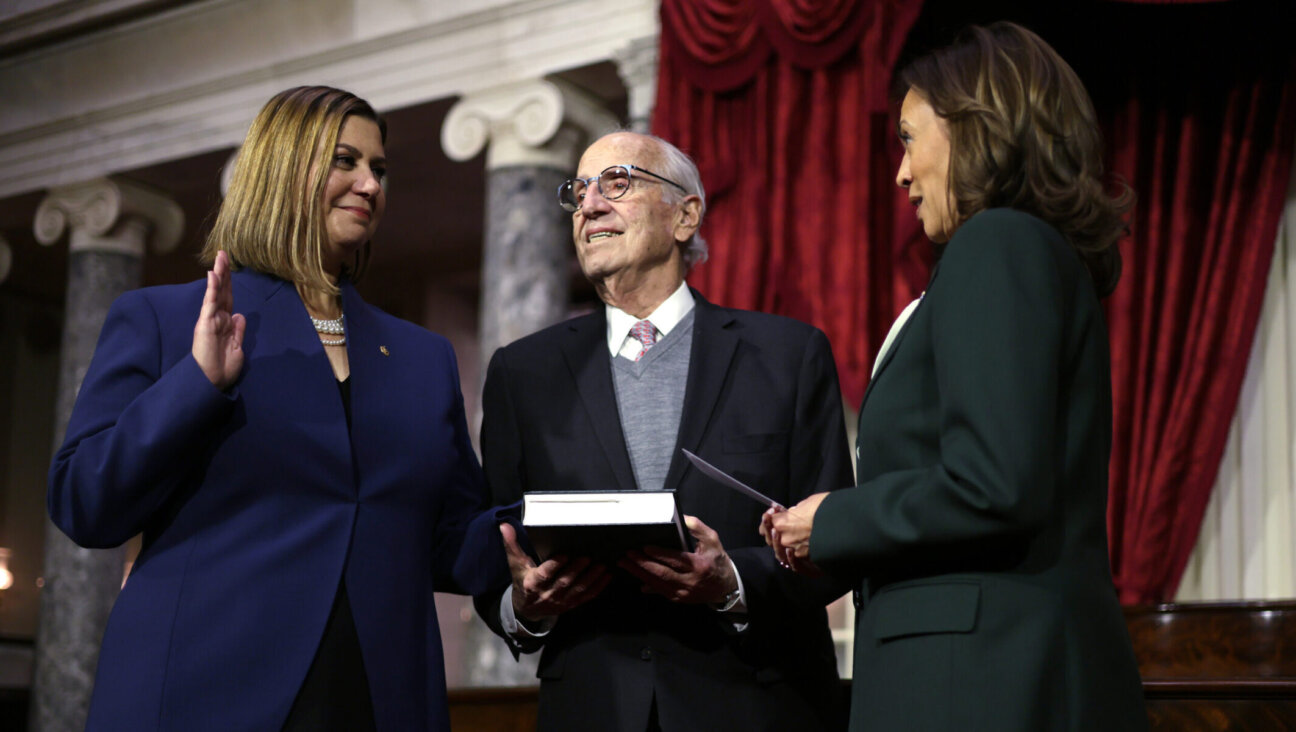Make Sure Oberammergau’s Passion Won’t Inflame
The most prominent Passion play in the world will be performed next year in the Bavarian village of Oberammergau. Will the organizers finally rid the play of inflammatory portrayals of Jews and Judaism?
Passion plays are theatrical dramatizations of the last days and hours in the life of Jesus based on narratives in the Christian Bible. The plays have been a mainstay of Christian folk culture, dating back at least a thousand years, and they often affirm the deicide charge against Jews. Historically, they have triggered anti-Jewish violence.
Even today, Jesus’ Jewish contemporaries are all too often portrayed as the villains. Regrettably, the negative characterizations of Jews in Mel Gibson’s 2004 cinematic version of a Passion play, “The Passion of the Christ,” are internalized by millions of new viewers each year. Next year will be the first performance of the famed Oberammergau Passion Play since the release of Gibson’s film.
The Oberammergau Passion Play, inaugurated in 1634, is by far the largest and most influential of all Passion plays. Every 10 years there are 100 performances from May to October, attracting a half-million pilgrims. Thousands of Oberammergau citizens — more than half the village — are involved in one or another aspect of the six-hour production that rivals in intensity the world’s greatest opera houses.
This Passion play’s history is particularly tainted by virtue of its Bavarian location. In 1930, at a regular decennial performance, and in 1934, at a special performance marking its 300th anniversary, the play’s most celebrated audience member was Adolf Hitler. Understanding the production’s significance for his antisemitic propaganda, Hitler declared: “It is vital that the Passion Play be continued at Oberammergau; for never has the menace of Jewry been so convincingly portrayed as in this presentation of what happened in the times of the Romans.”
After the Shoah and the acknowledgement by the Catholic Church and other Christian denominations that Christian religious teachings over two millennia helped lay the groundwork for the Holocaust, church leadership embarked on a process of self-reflection that yielded remarkable advances.
Nostra Aetate, issued by the Second Vatican Council in 1965, stated unequivocally that “what happened in the Passion cannot be blamed upon all the Jews then living, without distinction, nor upon the Jews of today.”
In 1988, the United States Conference of Catholic Bishops mandated specific guidelines for Passion plays, including: “Any presentations that explicitly or implicitly seek to shift responsibility from human sin onto this or that historical group, such as the Jews, can only be read to obscure a core gospel truth.” In other words, any Passion play that implies Jewish responsibility for the death of Jesus — and today’s Oberammergau, however unwittingly, still does that — will continue to be problematic.
Over the past four decades Jewish and Christian leaders have exposed the anti-Jewish elements of the Oberammergau Passion Play, and successfully sought critical revisions.
It is now far less offensive, but much more needs to be done. The Oberammergau leadership can present a play that clarifies that Jesus, in the words of a 1985 Vatican directive, “freely underwent his passion and death because of the sins of all.” If Oberammergau must apportion responsibility for Jesus’ death, then that responsibility should be clearly placed in the hands of the cruel Roman governor, Pontius Pilate, and not in the hands of Jewish leadership.
To discuss possible revisions, a team of rabbis (including this writer) and scholars who are experts in Oberammergau’s history and veterans of Christian-Jewish dialogue recently met in Oberammergau with the leadership of the Passion play and its authoritative religious adviser, who is selected by the Catholic and Lutheran regional hierarchies.
The 2010 season is an opportune time for the kind of meaningful change that can advance Christian-Jewish understanding and rapprochement between Germany and the Jewish people.
Since Oberammergau’s Passion play is performed in what was the seat of Hitler’s power, Bavaria, its importance as a reflection of the process of reconciliation between Germany and the Jewish people in the post-Holocaust 21st century is magnified.
Further, Pope Benedict XVI, whose papacy so far has had some Catholic-Jewish challenges, once served as the archbishop of Munich and Freising, which includes Oberammergau. The pope is very familiar with the Oberammergau Passion Play’s relevance to Catholic-Jewish relations. As the first German pope since 1058 and as a native of Bavaria, Benedict’s views of Oberammergau will be scrutinized.
Oberammergau remains the most influential Passion play on the planet. What happens in this German village reverberates throughout the world. The responsibility is enormous, as is the opportunity to be a model for reconciliation between Christians and Jews in Germany and beyond.
Rabbi Noam E. Marans is the American Jewish Committee’s associate director of interreligious and intergroup relations.
A message from our Publisher & CEO Rachel Fishman Feddersen

I hope you appreciated this article. Before you go, I’d like to ask you to please support the Forward’s award-winning, nonprofit journalism so that we can be prepared for whatever news 2025 brings.
At a time when other newsrooms are closing or cutting back, the Forward has removed its paywall and invested additional resources to report on the ground from Israel and around the U.S. on the impact of the war, rising antisemitism and polarized discourse.
Readers like you make it all possible. Support our work by becoming a Forward Member and connect with our journalism and your community.
— Rachel Fishman Feddersen, Publisher and CEO























